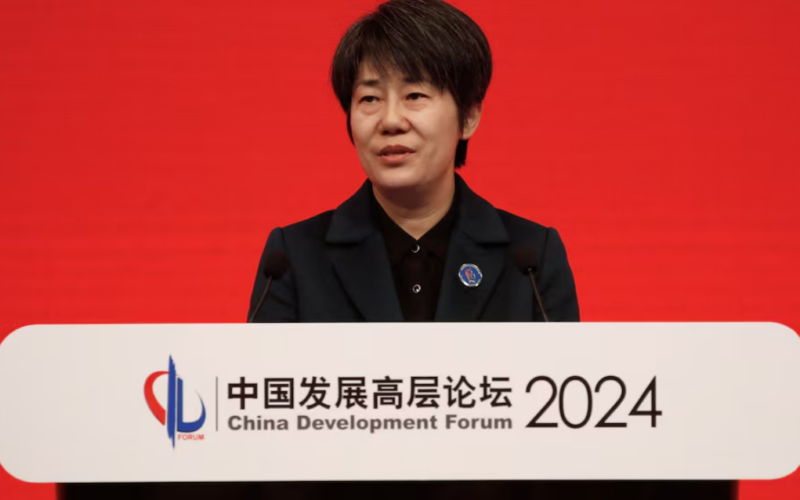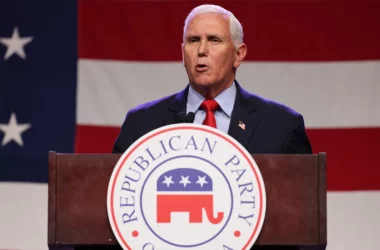China has announced its commitment to treating foreign companies on par with domestic counterparts in a move aimed at attracting increased foreign investment, collaboration, and expertise. This declaration comes as China endeavors to enhance and fortify its industrial chains as part of its economic upgrade efforts.
Speaking at the China Development Forum in Beijing, Vice Commerce Minister Guo Tingting affirmed China’s dedication to ensuring “national treatment” for foreign companies, thereby fostering an environment where foreign entities can invest in China with confidence. However, specific details regarding how China plans to guarantee this equal treatment, in accordance with World Trade Organization (WTO) principles, were not disclosed.
For years, Western firms have voiced grievances regarding unequal access to the Chinese market, which serves as both a significant consumer market and a global supplier of raw materials and components. Concerns over “economic coercion” have prompted Western governments to express apprehension, leading some companies to consider diversifying their supply chains and operations away from China.
Moreover, China’s enactment of a broader anti-espionage law and other regulatory measures have further deterred foreign investment inflows. Inbound foreign direct investment experienced an 8% contraction last year amid these challenges and geopolitical tensions, particularly with the United States, over concerns regarding technology transfer and national security.
In response to these challenges, China has intensified efforts to address the concerns of foreign investors, pledging to safeguard the rights of foreign companies and expand access to its markets. Premier Li Qiang reiterated China’s commitment to fostering a favorable business environment and welcoming enterprises from across the globe to invest in the country.
Minister of Industry and Information Technology Jin Zhuanglong announced China’s intent to fully remove restrictions on foreign investment access to its manufacturing sector, highlighting the country’s dedication to deepening cooperation with firms from all nations.
To bolster the self-reliance of its industrial sector, particularly in light of restrictions on high-tech exports from the United States, China aims to upgrade its manufacturing supply chains through innovation and collaboration with foreign companies. This includes promoting the establishment of research and development (R&D) centers by foreign-invested enterprises.
As China charts its economic course forward, aiming for around 5% economic growth this year, it faces the choice of either adhering to past policies or embarking on a path of reinvention for high-quality growth. The International Monetary Fund’s Managing Director Kristalina Georgieva emphasized the importance of this decision, highlighting the need for China to adapt to a new era of economic development.








